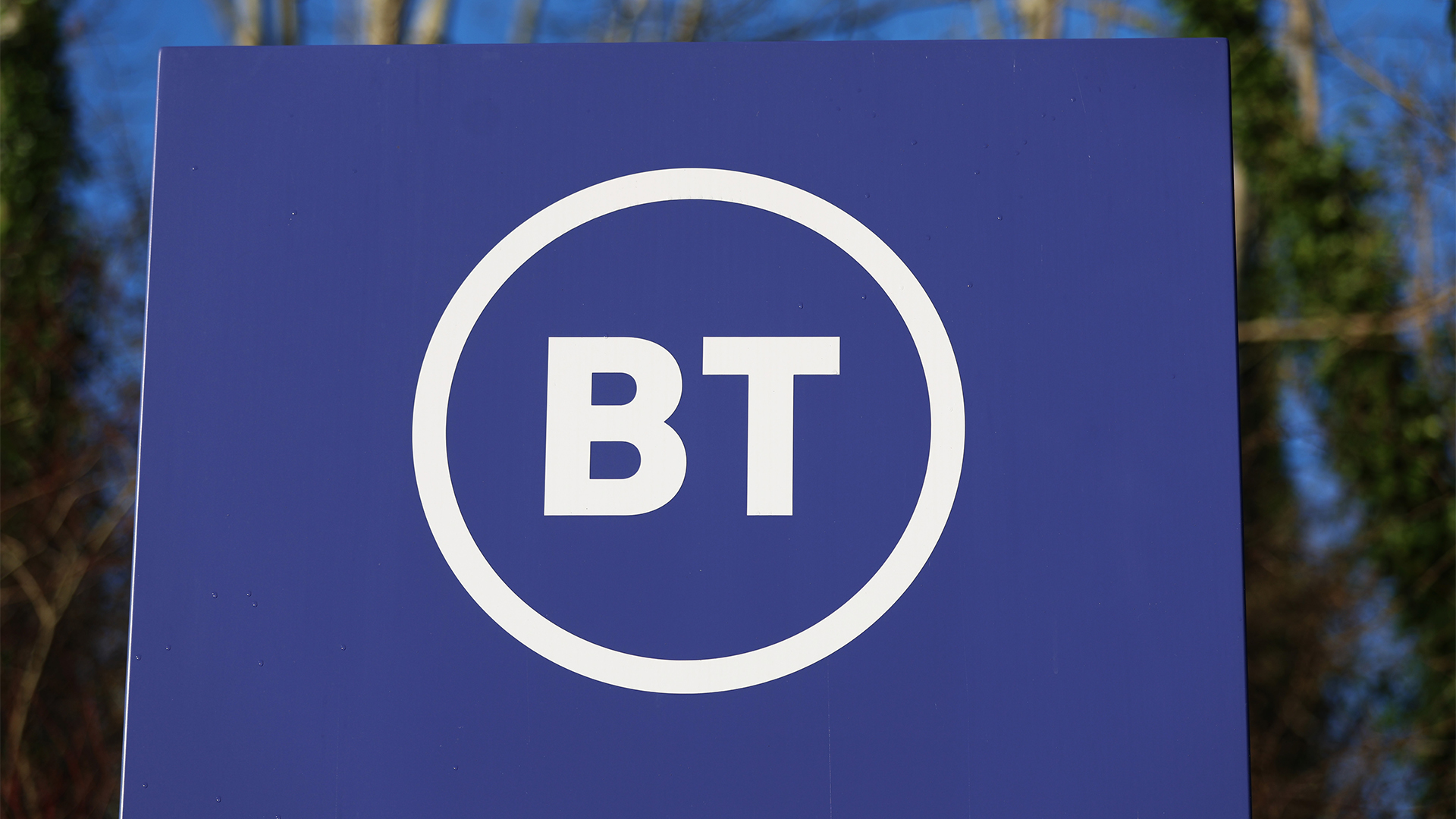NAO attacks government over rural broadband delays
Meanwhile, industry watchers criticise spending watchdog's report for lacking detail.

Government plans to make superfast broadband available across the UK are running two years behind schedule, according to a scathing report by the National Audit Office (NAO).
Reports about the Government spending watchdog's investigation into the Department for Culture, Media and Sport's (DCMS) handling of the Broadband Delivery UK (BDUK) emerged last month, and its findings have now been published in a 52-page document.
We expected a much more in-depth analysis from the National Audit Office.
The DCMS is responsible for overseeing the Government's pledge to ensure the UK has the best superfast broadband network in Europe by 2015, while the 530 million BDUK scheme looks after the rollout of fibre networks in rural areas.
The NAO report claims the Government is 22 months behind schedule to provide 90 per cent of premises in the UK with superfast broadband services by 2015.
At present just nine out of the 44 superfast broadband projects that have been embarked on through the scheme are expected to meet the 2015 deadline because of delays in gaining EU approval for the plans.
As a result, the Government recently announced that it is on course to deliver on its superfast rural broadband deployment pledge by December 2016, and make good on its 95 per cent superfast coverage promise by 2017.
The report also criticised the "limited" amount of competition for projects, given that BT is now the only remaining bidder for deals through the BDUK framework, after rival Fujitsu withdrew from the process in March.
Get the ITPro daily newsletter
Sign up today and you will receive a free copy of our Future Focus 2025 report - the leading guidance on AI, cybersecurity and other IT challenges as per 700+ senior executives
"The Department [DCMS] is relying on a combined package of value-for-money safeguards to provide assurance," the report said.
"However, competition was limited and assurances over costs and take-up assurances have been hampered by the complexity of the solution and lack of cost transparency."
Amyas Morse, head of the National Audit Office, said: "The rural broadband project is moving forward late and without the benefit of strong competition to protect public value.
"For this we will have to rely on the Department's active use of the controls it has negotiated and strong supervision by Ofcom."
The report goes on to make a number of recommendations about what DCMS must do to ensure there are no further delays in the rollout of superfast broadband.
"The Department should identify all the reasons for the slippage and the work with BT to establish where constraints exist and who to guard against further slippage," the report advised.
In a statement to IT Pro, BT defended its sole supplier status, claiming its rivals ducked out of the programme as the pressure to deliver on the Government's aims ramped up.
"BT's fibre programme has been one of the most efficient in the world with the company going further and faster than industry experts thought possible. BT has applied these cost efficiencies to its BDUK work and so the company is delivering excellent value for money," the statement said.
"There was strong competition when prices were set at the start of the process and that has ensured counties have benefited from the best possible terms.
"Deploying fibre broadband is an expensive long-term business and so it comes as no surprise that others dropped out as the going got tough."
Meanwhile, Andrew Ferguson, site editor of thinkbroadband.com, expressed his disappointment at the lack of detail in the NAO's report.
"The big headline of the rural broadband programme running 22 months later does not appear to survive scrutiny when you delve into the report.
"The estimate in the report is that the 90 per cent having access to superfast broadband will be reached in May 2015, which is six to 12 months later," he explained.
"We expected a much more in-depth analysis from the National Audit Office, but with it not considering the costs of areas like the Highlands and Islands and Suffolk due to technical complexities there has to be questions asked as to whether this report is a real evaluation of BDUK or just a case of rubber stamping the process."
-
 Third time lucky? Microsoft finally begins roll-out of controversial Recall feature
Third time lucky? Microsoft finally begins roll-out of controversial Recall featureNews The Windows Recall feature has been plagued by setbacks and backlash from security professionals
By Emma Woollacott Published
-
 The UK government wants quantum technology out of the lab and in the hands of enterprises
The UK government wants quantum technology out of the lab and in the hands of enterprisesNews The UK government has unveiled plans to invest £121 million in quantum computing projects in an effort to drive real-world applications and adoption rates.
By Emma Woollacott Published
-
 Equinix acquires BT's Irish data centers in €59 million deal
Equinix acquires BT's Irish data centers in €59 million dealNews As BT moves to an asset-light business model, Equinix looks to expand
By Emma Woollacott Published
-
 BT just extended the PSTN switch-off deadline — here’s what you need to know
BT just extended the PSTN switch-off deadline — here’s what you need to knowNews BT described the move as a “revision”, citing a series of improvements to the wider PSTN switch-off programme
By George Fitzmaurice Published
-
 BT misses key Huawei kit removal deadline, but the telco is “almost over the line”
BT misses key Huawei kit removal deadline, but the telco is “almost over the line”News BT is still reliant on non-compliant Huawei equipment for 2G and 3G services
By Ross Kelly Published
-
 BT partners with HPE to deliver new global managed LAN service
BT partners with HPE to deliver new global managed LAN serviceNews The latest collaboration combines BT’s connectivity expertise with HPE Aruba Networking’s latest LAN solutions
By Daniel Todd Published
-
 Making the switch
Making the switchWhitepaper Realise the benefits of IP technology ahead of the digital ‘switch-on’
By ITPro Last updated
-
 BT and OneWeb succeed in "game changer" satellite connection trial
BT and OneWeb succeed in "game changer" satellite connection trialNews Smaller businesses in rural areas could benefit from improvements to backhaul services using satellites, with speeds increasing by an order of magnitude
By Rory Bathgate Published
-
 BT, Nokia crack four carrier aggregation on a 5G network in first for Europe
BT, Nokia crack four carrier aggregation on a 5G network in first for EuropeNews The breakthrough marks the first successful use of such technology on a live network, and could lead to dramatic network improvements
By Rory Bathgate Published
-

 BT Mini Whole Home Wi-Fi review: Value-conscious range extension
BT Mini Whole Home Wi-Fi review: Value-conscious range extensionReviews You shouldn’t expect top performance, but this dinky mesh system eradicates notspots for a great price
By Darien Graham-Smith Published